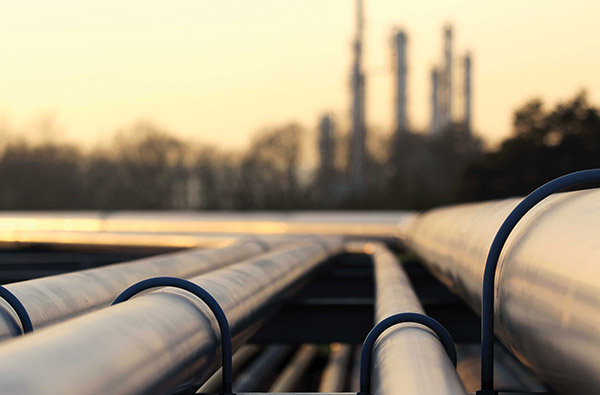AMPP Unveils New Guide to Enhance Pipeline Safety Through Corrosion Control
(P&GJ) — The Association for Materials Protection and Performance (AMPP), the global authority in materials protection and performance, recently published "Guide 21569-2024, Guidance on Implementing Corrosion Control Methodologies to Align with New PHMSA Regulatory Procedures," a comprehensive document developed by Standards Committee SC 15 - Pipelines and Tanks, aimed at bolstering the safety and integrity of onshore gas transmission pipelines.
In response to the United States’ Department of Transportation Pipeline and Hazardous Materials Safety Administration (PHMSA)'s revised Federal Pipeline Safety Regulations, AMPP's Guide 21569-2024 offers a detailed roadmap for pipeline operators to implement corrosion control requirements for onshore gas transmission as required in Part 2 of the PHMSA Gas Mega Rule.
The PHMSA revisions encompass an array of enhanced safety measures, including improved repair criteria, integrity management, cathodic protection, and management of change, all intended to mitigate risks associated with pipeline corrosion and ensure compliance with the most current safety standards.
“I’m very proud to have served as Document Project Manager for this development team comprised of an incredible group of industry pipeline subject matter experts across the country,” said Kimberly-Joy Harris, a retiree from Enbridge Pipelines with more than 30 years leading pipeline integrity and corrosion programs and vice chair of the AMPP Board of Directors. “Our main goal was to assist U.S. natural gas pipeline companies with a guidance document that aligns with the new PHMSA Regulatory Mega Rule requirements related to integrity management, repair criteria, cathodic protection, and management of change, all to prevent and reduce failures. In addition, this document will be very useful globally to assist pipeline companies with improving their integrity programs and reducing failures."
Guide 21569-2024 caters to U.S. gas transmission pipeline operators while providing critical insights for international counterparts aiming to improve their corrosion control measures. This guide emerged from the industry's need for a cohesive approach to comply with the new corrosion control, operations, maintenance, and integrity management PHMSA regulations that went into effect for transmission pipelines placed into service after February 24, 2024. It presents practical strategies for incorporating these requirements and leverages established practices to protect pipeline assets.
Harris added, "Our project committee members and AMPP staff members did an amazing job working with the team through this process, and we were pleased to complete this project in record time, less than one year from initiation to publication."
For further details on Guide 21569-2024, visit the AMPP store at AMPP Store - AMPP Guide 21569-2024, Guidance on Implementing Corrosion Control Methodologies to Align with New PHMSA Regulatory Procedures. To explore AMPP's comprehensive range of standards resources to enhance all levels of industry, please visit our website at Popular Standards by Industry - AMPP.
Related News
Related News

- Keystone Oil Pipeline Resumes Operations After Temporary Shutdown
- Freeport LNG Plant Runs Near Zero Consumption for Fifth Day
- Biden Administration Buys Oil for Emergency Reserve Above Target Price
- Mexico Seizes Air Liquide's Hydrogen Plant at Pemex Refinery
- Enbridge to Invest $500 Million in Pipeline Assets, Including Expansion of 850-Mile Gray Oak Pipeline





Comments